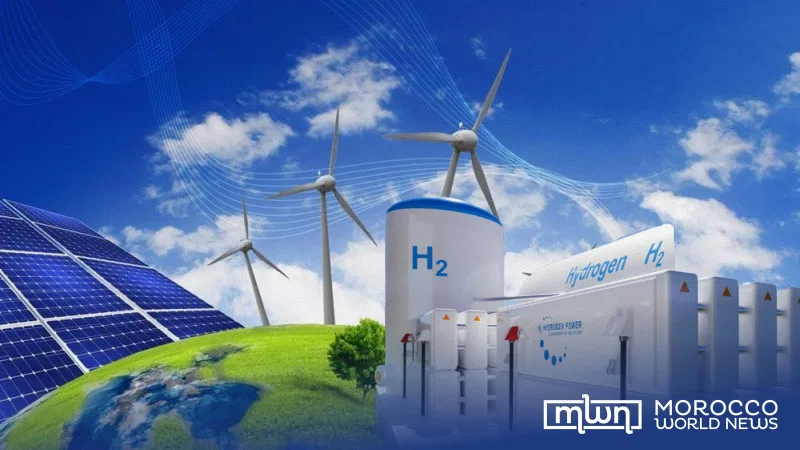Rabat – A new report by Greenpeace Mena and the Menafem movement for economic, development and ecological justice has expressed concerns about European investments in Morocco and Egypt’s energy and agricultural sectors. It warns that you may tighten environmental -related and social damage instead of promoting true development.
With the title “Beyond Extractivism: On the way to a feminist and just economic transition to Morocco and Egypt”, which report argues that these investments often increase “extracting practices” when resources are extracted and exported to the global north, whereby minimal advantages for the local economy are minimal.
“Instead of promoting sustainable development, these investments withdraw natural resources and worsen the deterioration of the environment in the host countries,” the report said.
In view of the prevailing narrative, the report makes this term into question and states that the current model primarily uses European energy requirements and corporate interests. In the meantime, countries such as Morocco and Egypt bear the environmental and social costs, they complain.
The reports say that Morocco and Egypt have long been dependent on the export of natural resources and agricultural goods. According to many experts, this was often the costs of their fragile ecosystems. The report, for example, explains that water -intensive monetary plants such as tomatoes and citrus fruits, which are mainly grown for export, worsen the water shortage.
The report comes when Morocco experiences his seventh year as a result of the drought, a crisis that deeply influenced the country and some of its key sectors.
It was only this week that King Mohammed VI asked the Moroccans to carry out the sacrificial rite, with severe economic and social difficulties causing drought. The severe crisis has led to a significant decline in the number of cattle and an increase in meat prices.
In the meantime, the report warns that oil and gas projects continue to affect the country and disrupt the biological diversity in Egypt.
Greenpeace expressly criticized Europe’s advance of renewable energies in North Africa, especially green hydrogen, and argues that these initiatives “more about securing the energy requirements of Europe than the really sustainable development and a fair transition to the global south”.
This raises a major concern: Are these projects really benefit from the local population or are they just a different form of economic dependency? The report has questioned.
“Extractivist” model?
The report argued that European investments in the sectors oil, gas, renewable energy, green hydrogen and agriculture in the two country “increase relationships with the harmful extractivists by extracting resources in the global north, whereby the global southern economies are only added to low value”.
Several observers had the characterization of the Morocco into question by the report as an “extractivist”, and argue that Morocco is dependent on resource exports, but has also made progress in the development of renewable energies and infrastructure.
The North African country has made it significant Progress In renewable energies with large-scale solar and wind projects that aim to reduce fossil fuel imports and lower emissions.
For example, the Noor solar complex in Ouarzazate, one of the largest in the world, is a cornerstone of the ambitious goal of the country to generate 52% of its energy from renewable sources by 2030.
In addition, the Tarfaya Windpark, together with other wind energy projects on the coast of the Morocco, aims to use the country’s strong winds.
Critics believe that the framework of the report to simplify a complex situation and argue that Morocco operated on as part of his own sovereign framework and invested strongly in his economy, also in projects for green energy in order to reduce the dependency on fossil fuels.
King Mohammed VI has repeatedly reminded of the importance of renewable energy projects and its contribution to the energy development of the country.
During a speech in July 2023, the monarch spoke about the green investment program of the OCP Group and his contribution to the development plan for renewable energies in the country.
“I invite the government to speed up the implementation of this project to ensure that the quality requirements are observed in order to use the considerable potential of our country in this regard and to meet the expectations of leading global investors in this promising area,” said the king.





